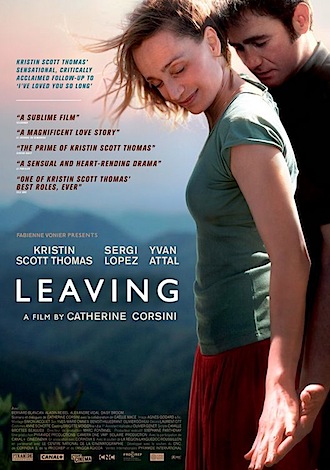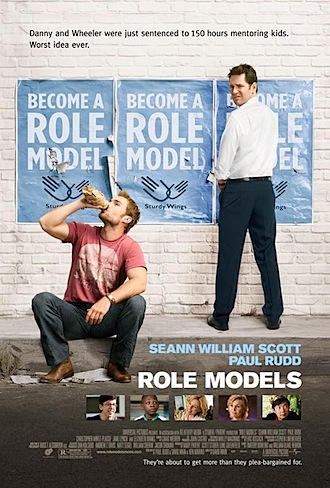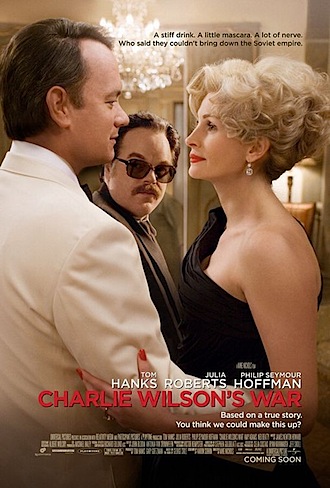The first thing you need to understand about A Good Day to Die Hard is that it isn’t really a Die Hard movie. In the same way that instant coffee…
Read More

I watch a lot of movies in this job and this week I’d like to start with a couple of important tips that will help keep your cinema-going experience in…
Read More

I don’t have much room this week and I want to spend most of it gushing over Slumdog Millionaire so let’s get started. Back in 2003, when the Incredibly Strange…
Read More
Forgetting Sarah Marshall is an ideal post-Festival palate cleanser: a saucy comedy fresh off the Judd Apatow production line (The 40 Year Old Virgin, Knocked Up). Here he gives the…
Read More
Like the buses on Courtenay Place after 8 o’clock on a Sunday night, you can wait what seems like forever for a cinema masterpiece and then two come along at…
Read More

The Soviet Union invaded Afghanistan on Christmas Day in 1979. They remained in the country, brutally suppressing the local resistance, until they were forced to leave in 1989: almost ten…
Read More
